Today, there is interesting news from the Pokrovsk direction.
Here, Ukrainian counterattacks pushed the Russians out of several key positions, endangering their whole operation to encircle Pokrovsk. As a result, the Russians were forced to completely abandon their attempts to take the town, started retreating, and changed their goal to achieve political victory without any strategic value instead.

After advancing to Pokrovsk, Russian forces set their sights on encircling the city from the west, to sever its vital logistical lines, and forcing Ukrainian defenders to abandon it under threat of encirclement. The Russians hoped to avoid the brutal urban battles that had previously drained their forces in Bakhmut and now at Toretsk. The idea was to isolate Pokrovsk without having to storm it directly and achieve at least a less costly victory.

However, this plan soon fell apart. Ukrainian forces first managed to halt the Russian advance westward and then began a series of aggressive counterattacks to reclaim key positions. Ukrainian tactics were highly mobile and adaptive, using "thunder runs" with swift, small-unit assaults designed to shock and disorient entrenched Russian forces.


One of the first major blows was dealt at Kotlyne, where Ukrainians executed rapid attacks to disrupt the Russian presence in the village and its surrounding industrial zone. They successfully isolated Russian troops holding these areas, forcing them to abandon positions under relentless Ukrainian drone strikes and artillery harassment.

The breakthrough at Kotlyne allowed Ukrainian forces to expand their operations under the new command of General Major Mykhailo Drapatyi, who had previously orchestrated successes during the Kharkiv and Kherson counteroffensives.

The Ukrainians shifted focus to crippling Russian logistics by systematically disrupting supply lines, and as dozens of roads in this sector quickly became littered with destroyed vehicles and manpower, Ukrainians made it nearly impossible for Russian units to receive reinforcements, food, or even water, as Russian troops resorted to using horses and donkeys to deliver basic supplies.

Exploiting this and their superiority in drone warfare, Ukraine pushed forward and retook critical positions around Uspenivka, Udachne, Pischane, Shevchenko, Dachenske, and Lysivka, driving Russian forces back from the outskirts of Pokrovsk. The result of these Ukrainian counterattacks has been decisive, as Russian activity on the western flank has notably decreased.

Initially, Russians sent constant streams of infantry through the salient, trying to force the Ukrainians back and prevent their further advance.

However, as this suicidal strategy quickly resulted in thousands of unnecessary losses, intelligence reports indicate that Russian commanders have now completely abandoned serious offensive assaults on the Western flank of Pokrovsk. Whether this pullback is a stepping stone to a larger withdrawal or merely a reaction to staggering losses remains to be seen. Nevertheless, the massive reduction in assaults reflects the severe attrition Russian forces have suffered without achieving their primary objective at all.

Facing mounting casualties and dwindling reserves, Russia has now shifted its focus southward. Their new goal appears twofold. Firstly, to broaden their western pincer by advancing through the open fields south of Pokrovsk, Russians hope to secure better logistics and staging grounds. Secondly, Russians aim to achieve a symbolic advance toward the border of the Dnipro region, framing it as a political victory in the information war.

These southern fields, however, are far less strategically important than the encirclement of Pokrovsk would have been. Capturing them would neither collapse Ukrainian defenses nor threaten the broader Ukrainian logistical network in the Donetsk region.

Comparing Russia’s initial ambitions to its current objectives highlights the scale of their failure. Initially aiming to sever Pokrovsk and score a major operational victory, they are now scrambling to gain marginal ground over open terrain that offers little immediate advantage.

Furthermore, the enormous losses of manpower and equipment inflicted by Ukraine during the defense and counteroffensive west of Pokrovsk has left Russian forces weakened. Even if they achieve minor gains in the south, their ability to mount another serious push toward Pokrovsk is highly questionable given their depleted strength.


Overall, the Russian attempt to encircle Pokrovsk has collapsed under the weight of effective Ukrainian counterattacks and relentless pressure. Forced to abandon their grandiose plans, Russian forces now chase much less ambitious objectives, capturing largely empty fields without any strategic value. Ukraine’s tenacity and tactical ingenuity around Pokrovsk have not only blunted a key Russian offensive but have forced the Russian command into a reactive, weakened posture that could have long-term consequences for their wider campaign plans in Donetsk.










.jpg)
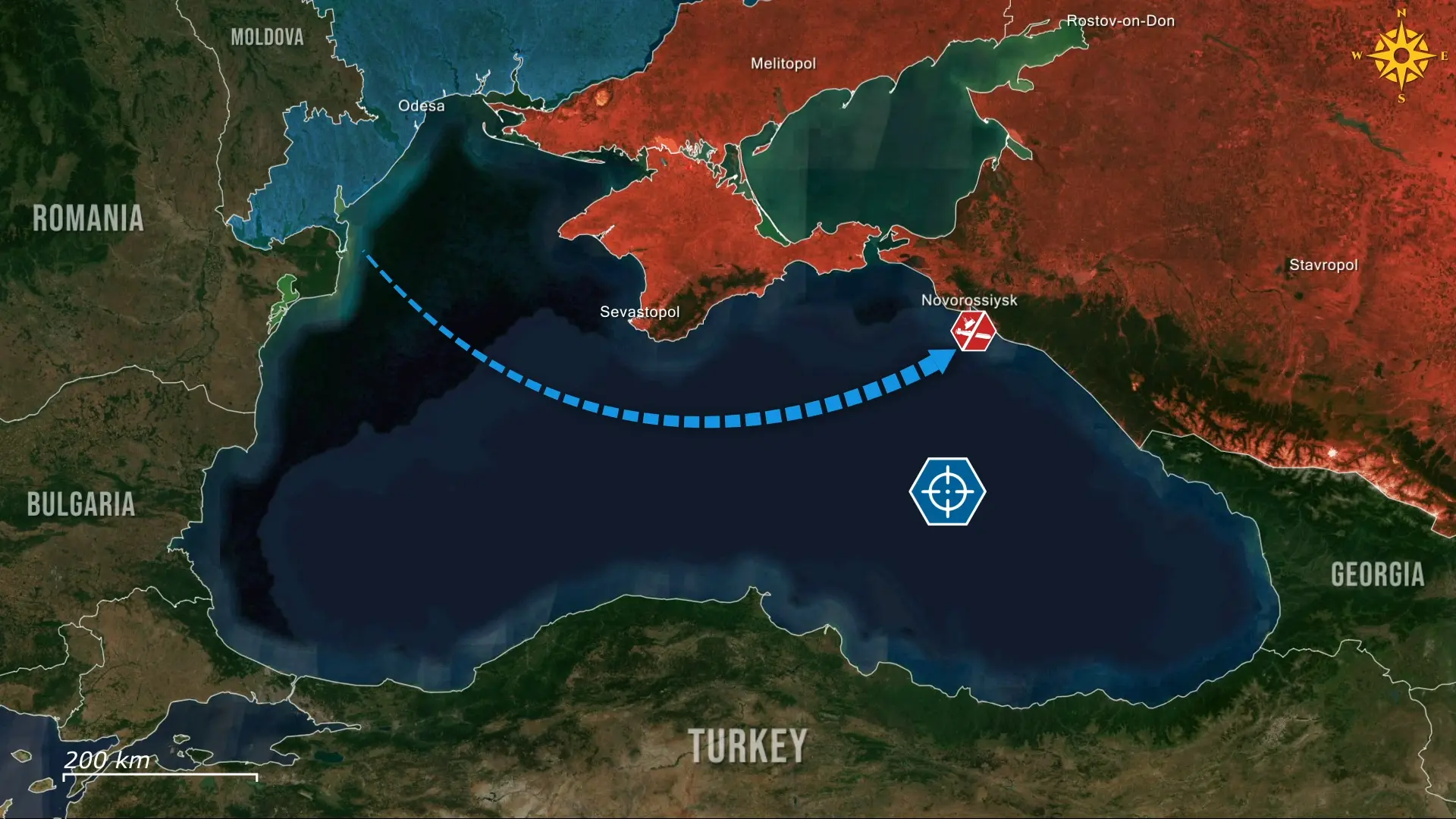
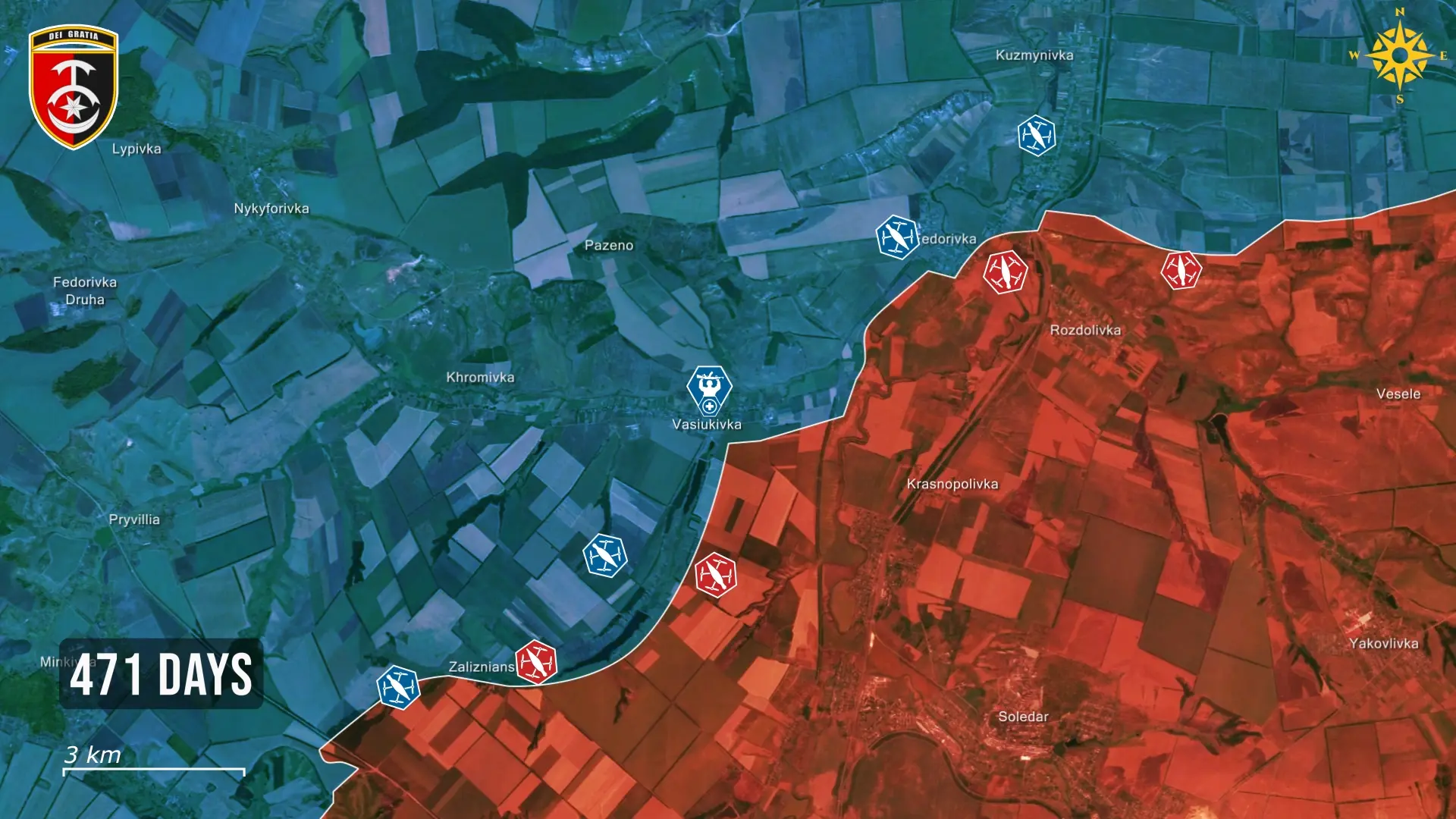
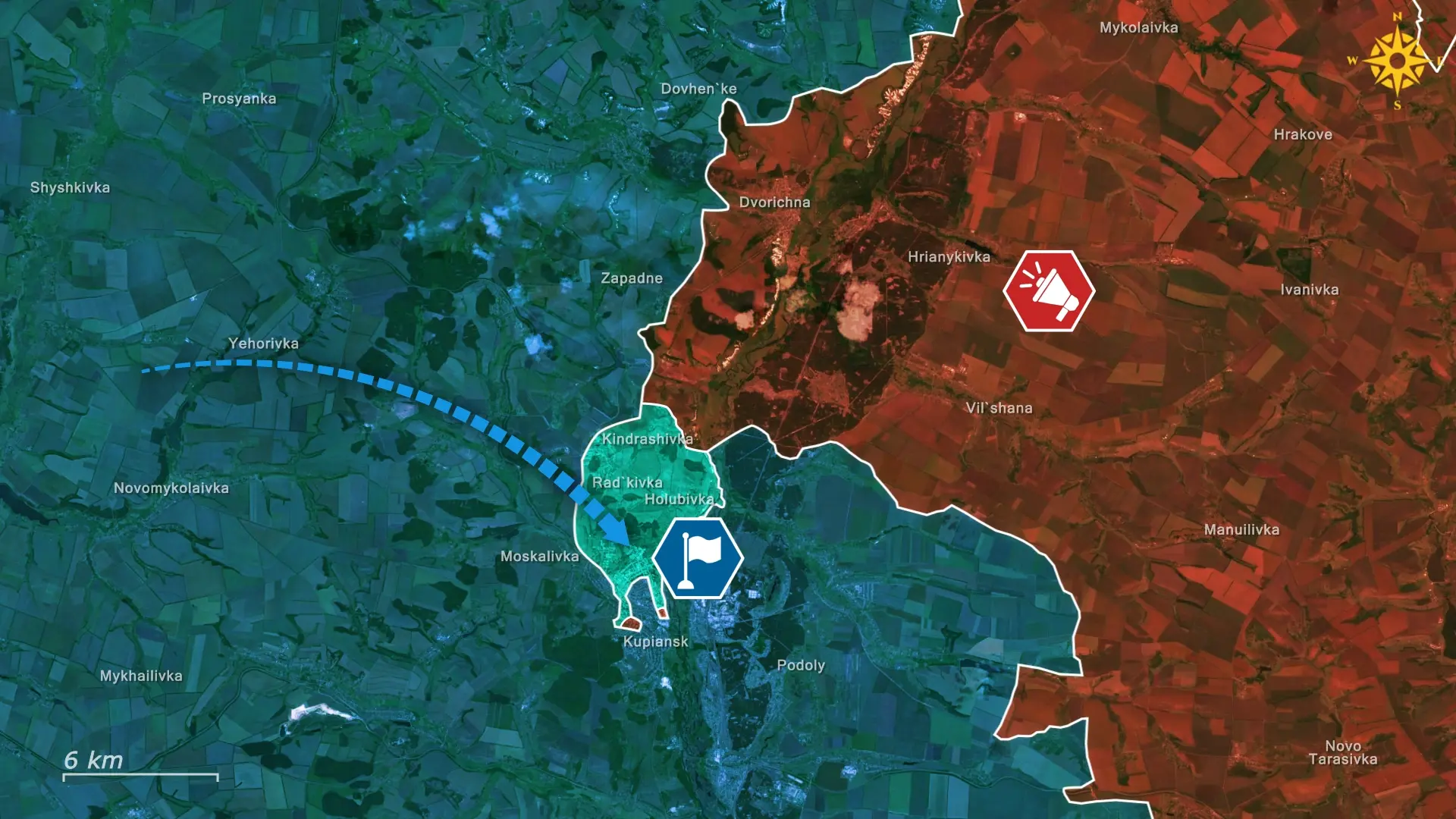
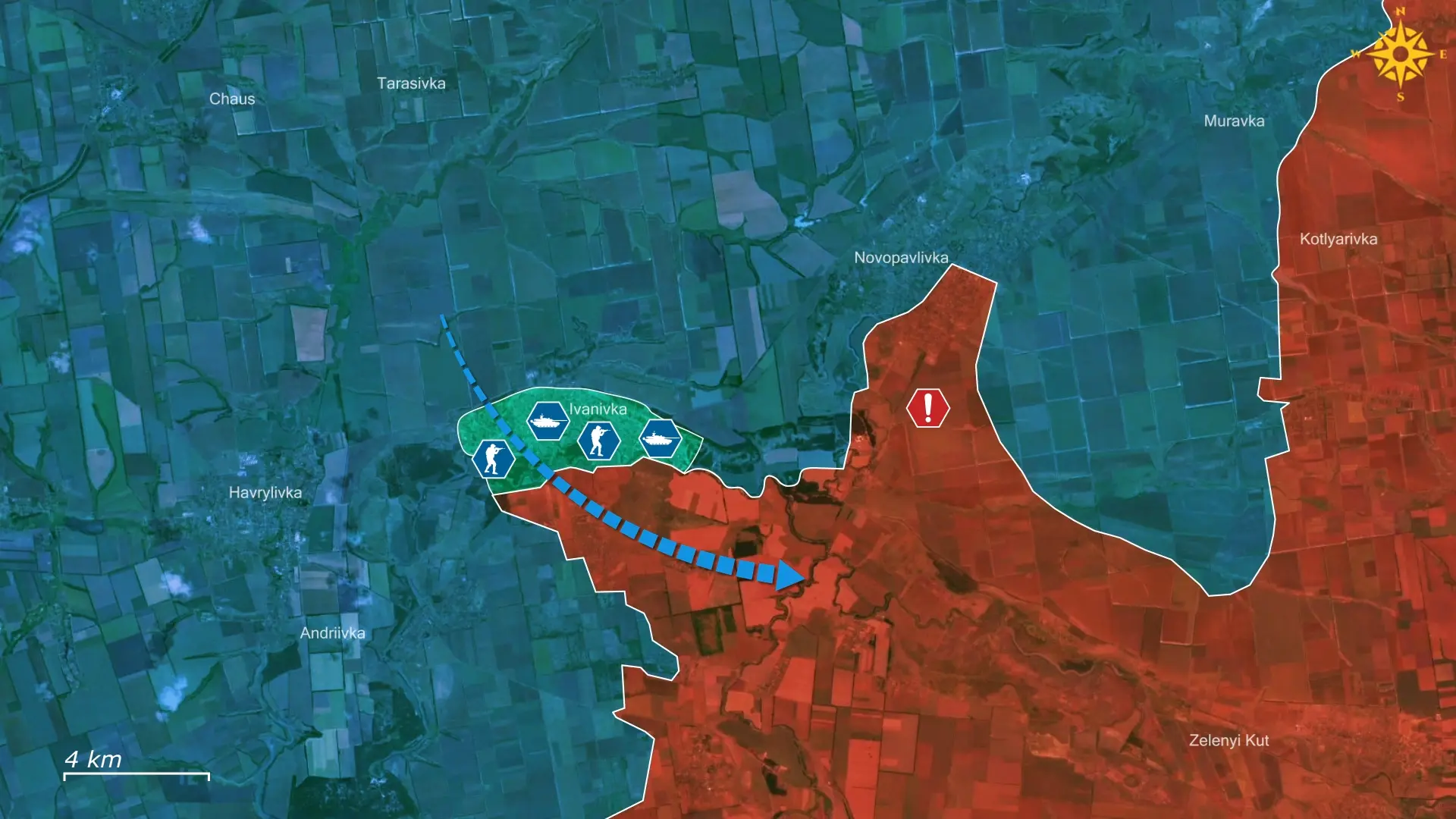
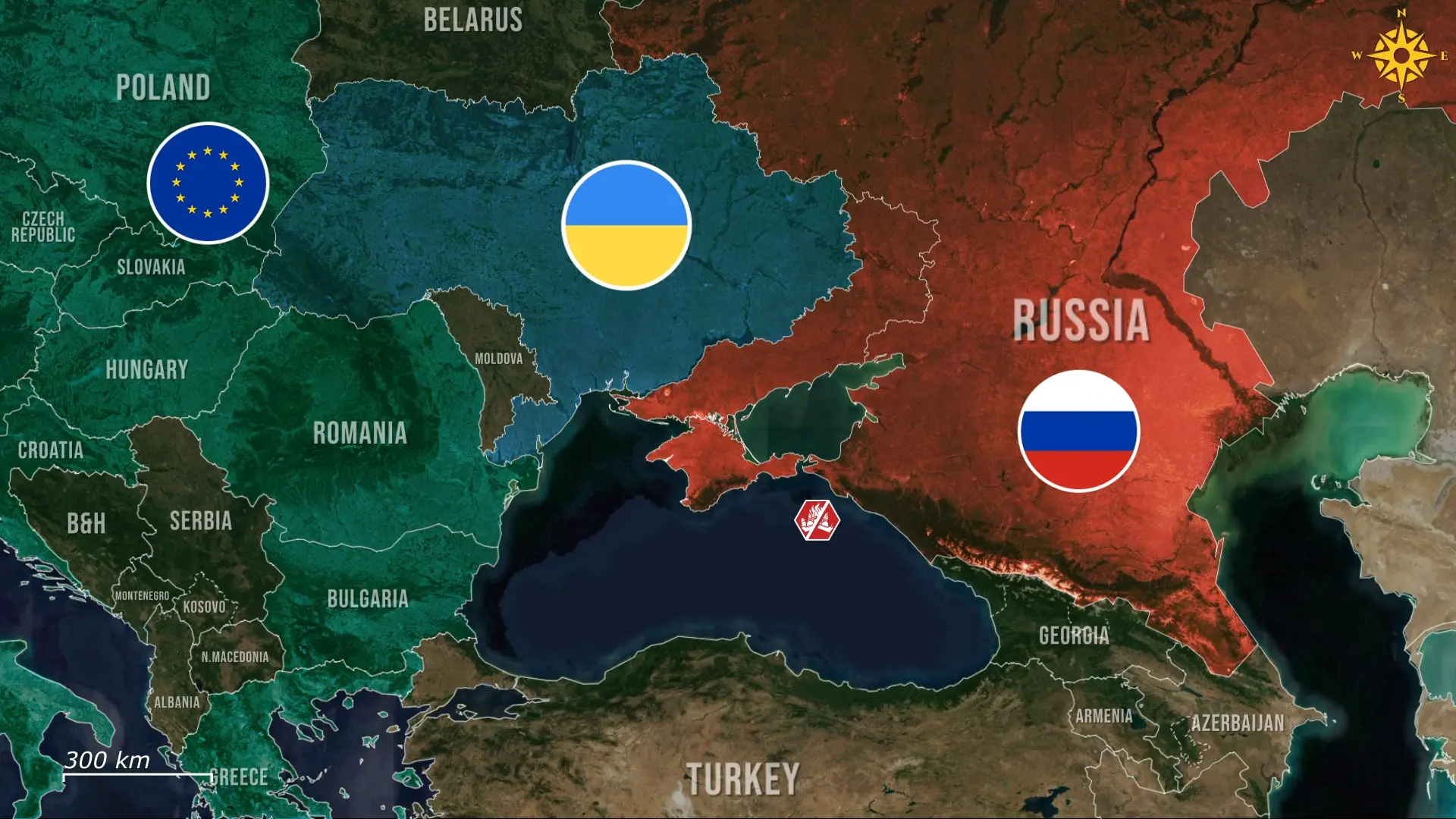
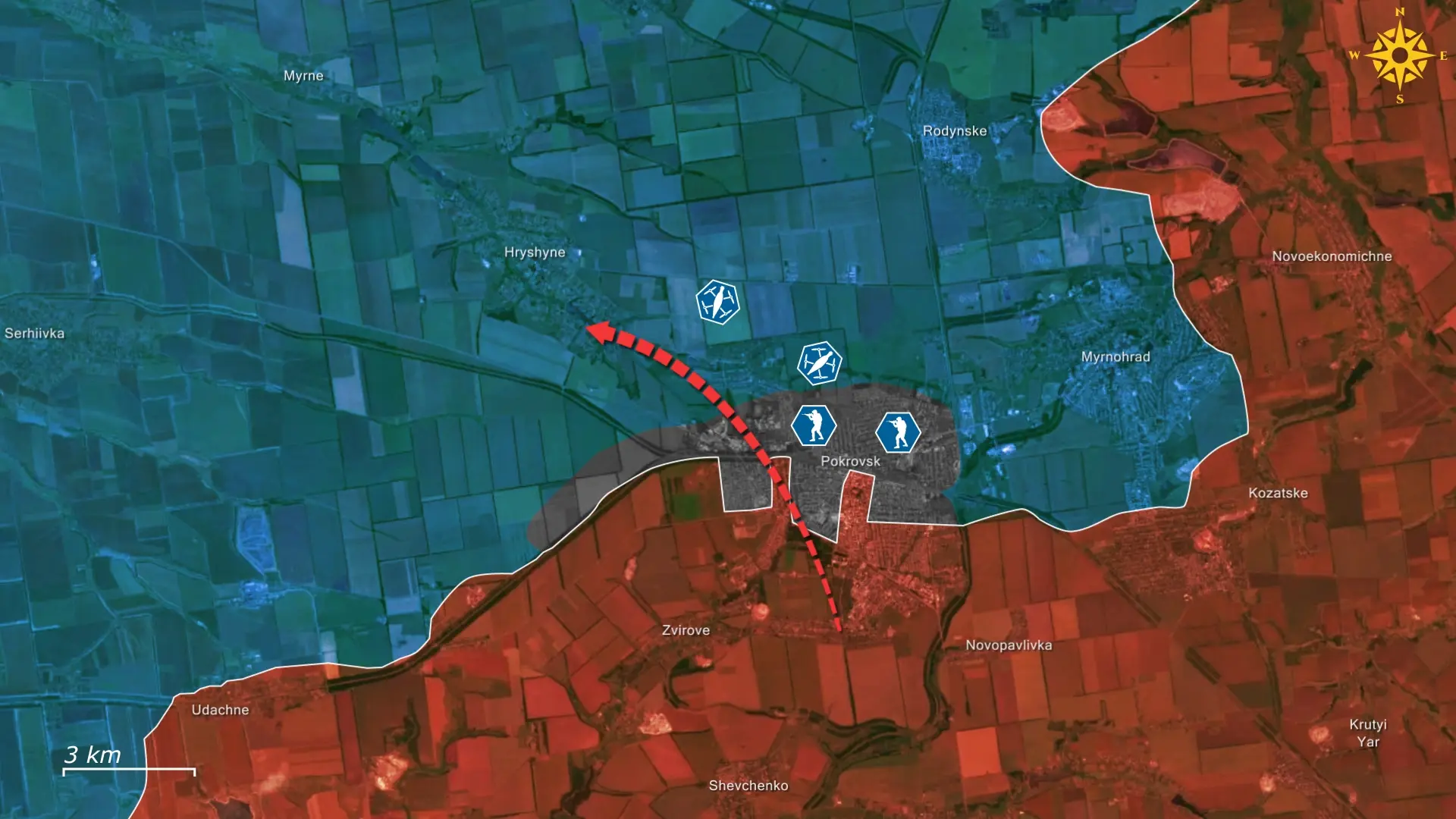
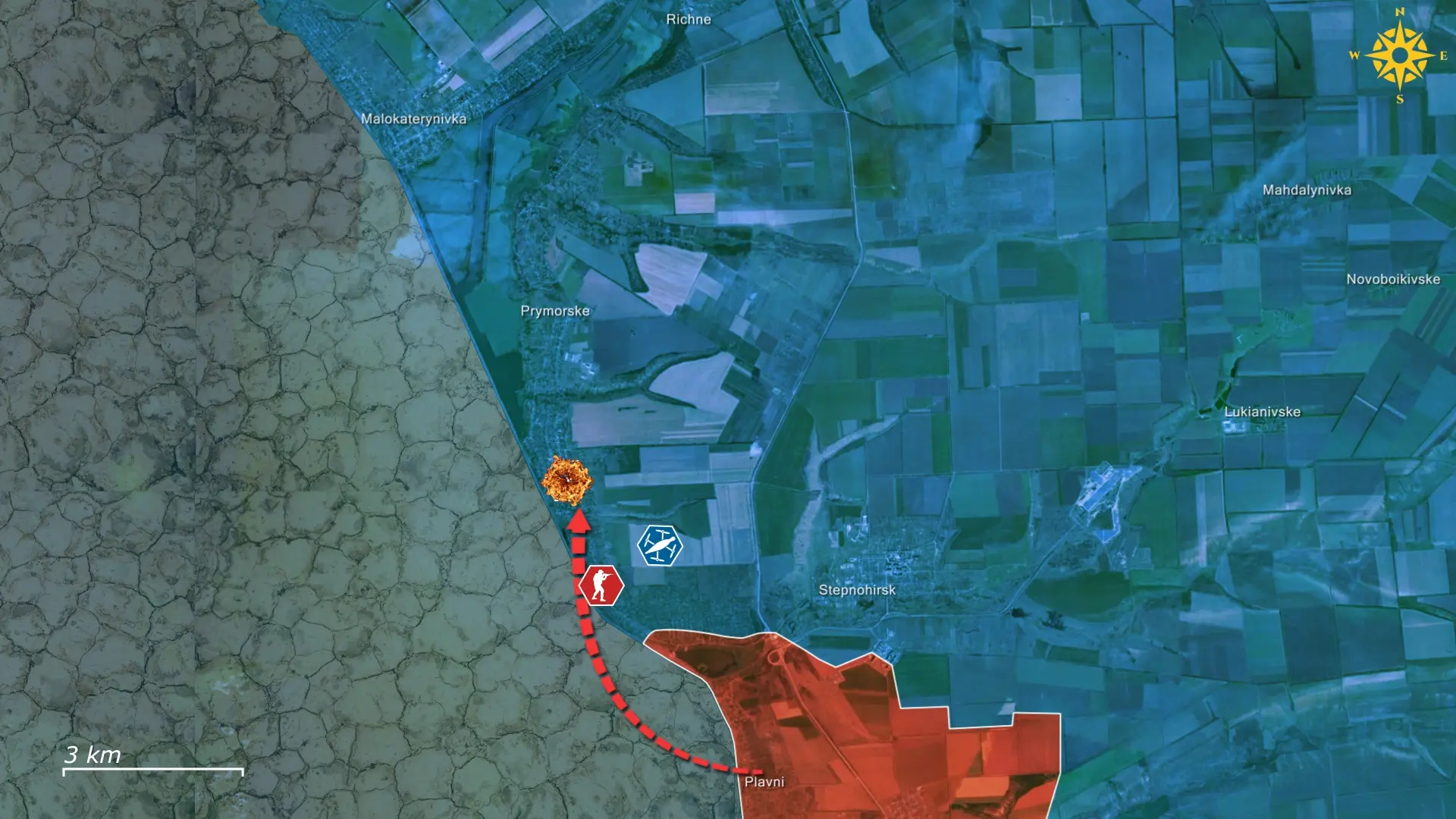
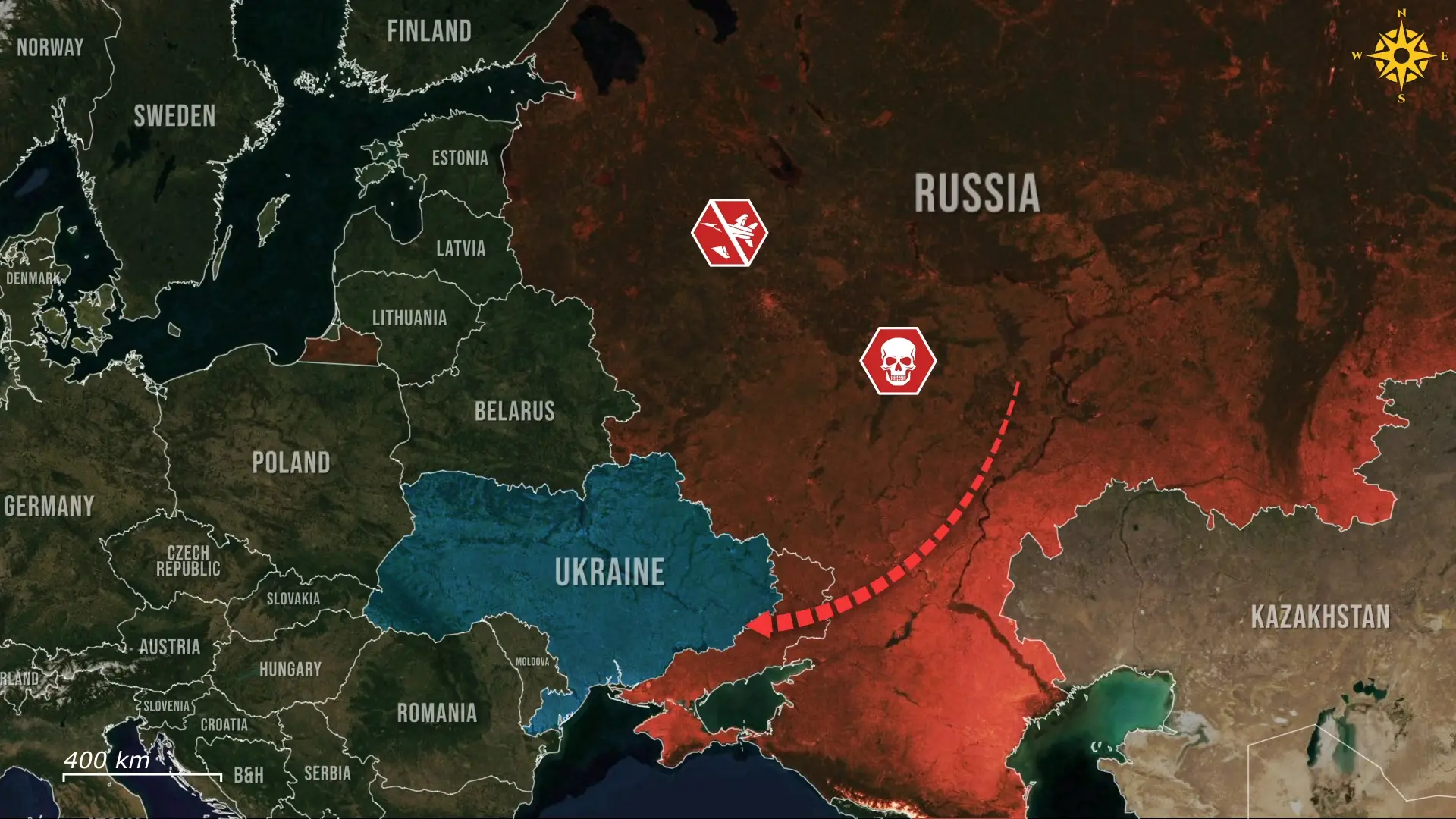
Comentarios